31 May, 2016
Rob Metcalfe
Share
Test scores drop when the football's on.
On June 10th, the 2016 European Championship starts in France. England, Northern Ireland, and Wales will be represented at the tournament. Not since 1986 have we had three home nations at a major finals – it’s Wales’ first since 1958! It is going to be a month-long event of excitement for the home nations as we watch the games. However, please spare a thought for the thousands of 15 and 16 year olds who will be taking their GCSE assessments at the same time. A few years ago, Simon Burgess, Steven Proud, and I, wrote a paper demonstrating that the summer football tournaments had a negative impact on students who were taking their assessments.
Those students who love football will drop their performance in the actual examination room by up to one whole grade. We rule out any other explanation with our data on 3.5 million schoolchildren, which means the negative effect of tournaments was not just due to natural chance.
The most affected groups from the European Championship will be from poorer areas and mostly, but not all, male students. These groups are already lower-performing groups, which means that any education gaps will widen in years when the GCSE assessments take place at the same time as the euros or world cups. So if you are a football-loving student from a low income family, the time of year you were born has an effect on your future life chances. One grade could be the difference.
Why does this happen?
There could be many reasons why this might be the case. An obvious reason is that many students will clearly spend their valuable time watching the football tournament on TV rather than for studying their assessments. Last minute studying does seem to matter on the GCSE assessments – it helps a lot!
A way to solve the problem would be bring the GCSE schedule earlier so it doesn’t clash with the football tournaments. We suggested that approach to the Government back in 2012, but they did not want to do it as it would apparently cause too much upheaval for teachers and schools. However, let’s not ignore the critical point– we are talking about a huge effect here on some of our most vulnerable students.
As parents, headteachers, practitioners, and behavioural scientists, we need to think outside the box to ensure all our kids get a fair shake. At The Behaviouralist, our strategy would be to counteract this effect through the use of proven incentives to assist those students at most risk.
We propose the following:
- Parents and teachers: recognise that your kids’ attention and time is going to go on the football rather than on their revising. Creating study schedules that incorporate football watching will be better than ignoring the fact that your students and kids will watch the games.
- Protect time to study: The football games are in the afternoon and evening. Therefore parents, teachers, and pupils should create more structured revising in the mornings. This time of the day is going to be the most productive time for a student’s revision.
- Work with us: Initiate a pilot project to test incentives on students from high-risk groups to understand how we can successfully address this problem. We have a wealth of experience helping our partners design and test solutions that can help “move the needle”.
We would like to hear from you if you are interested in partnering to make the world a better place for our children.
For more information please contact info@thebehaviouralist.com

